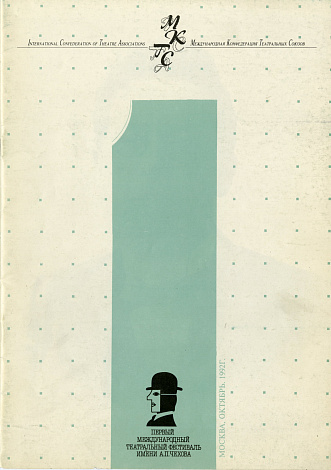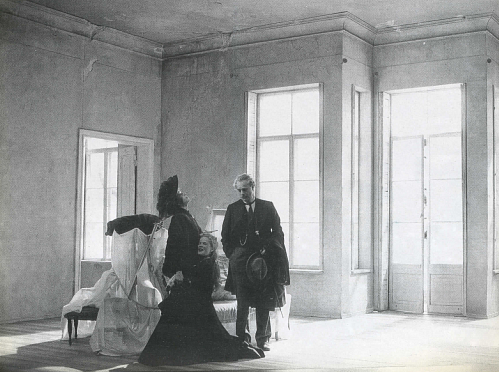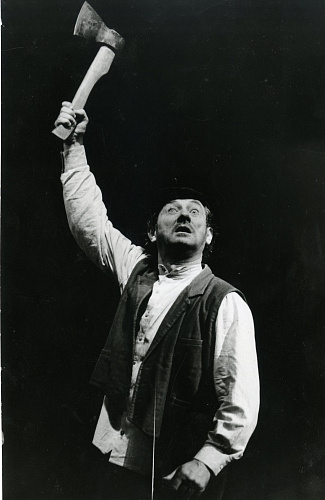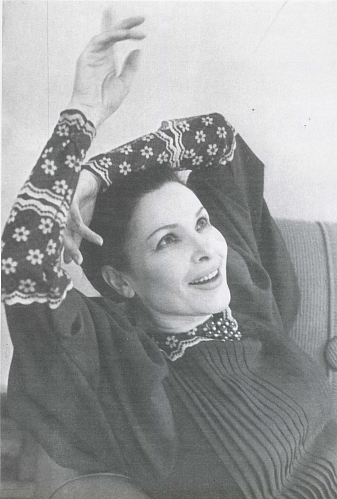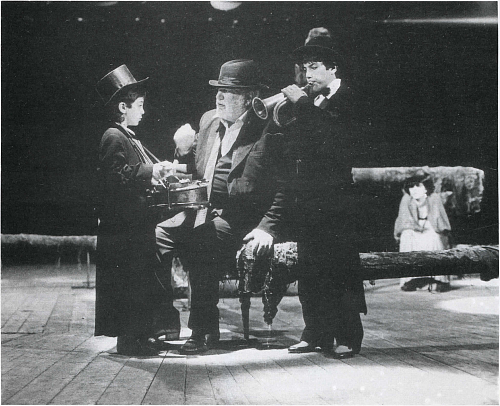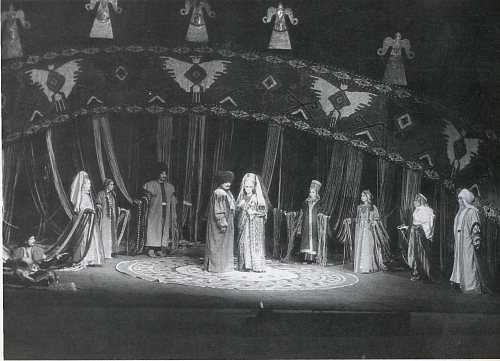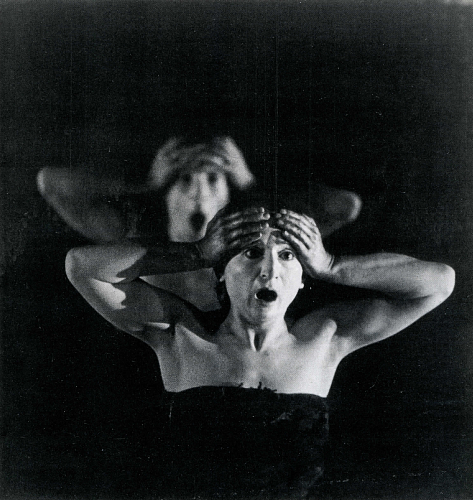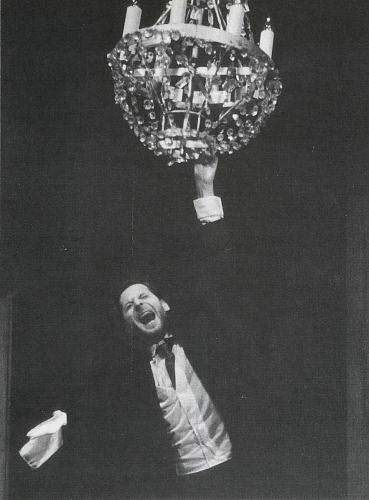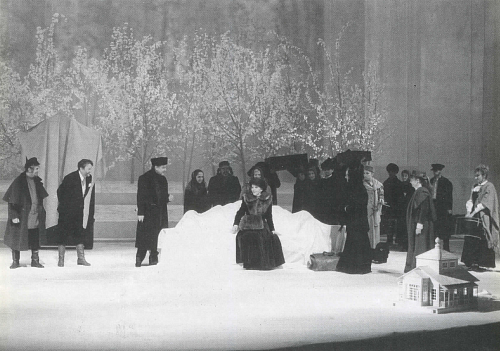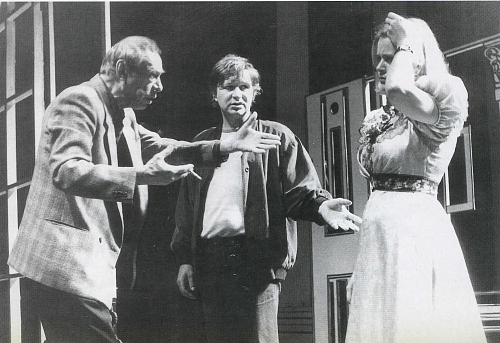Moscow, October 1992
The Iron Curtain collapsed The national theater was to become part of the world theatrical process, find its place in it, acquire its experience and engage in an intensive artistic dialogue with it. In 1991, the dissolution of the Soviet Union occurred. But at the last congress of the USSR Union of Theatremakers, it was decided to transform the Union into the International Confederation of Theater Associations (ICTA) and thereby try to preserve a single theatrical space. The Confederation became the founder, and Valery Shadrin - the organizer and leader of the first international theater festival, that both the professionals and the audience members of our country have dreamed of for many years.
Overcoming the colossal difficulties and passivity of thinking, Valery Shadrin, along with Kirill Lavrov and Oleg Yefremov, argued that the festival was extremely important for the country especially when the entire system of touring collapsed, and the festivals became the only form of theatrical exchange. All the complexity and drama of the historical moment are reflected in the words of greeting of Kirill Lavrov to the participants and patrons of the 1st Festival: “No matter how difficult and disturbing life is, we have no right to lose the will to work and not to lose ties with each other. That is why I am convinced that our festival is appropriate, that we should not wait for more stable times. The idea of the festival came not in vain. This is evidence of our determination to exist in an open, cultural space that does not know the limits."
Greetings to the Festival were sent by Václav Havel, Georgio Strehler, Peter Brook, Luca Ronсoni, Adrian Noble, Jacques Lassalle, and others.
The program of the Festival featured:
- International seminar of theatre critics “The Cherry Orchard: the Play, the Theatre, the Life”.
- International seminar “Ways of survival for the Eastern European theatre in the new economic realities”.
- Exhibition of Rezo Gabriadze at the Tverskoy Boulevard Theatre Salon.
- Screening of productions of the Chekhov plays at the Institute of Art Research.
Specially selected program of the productions of Moscow theatres. Foreign guests of the Festival specially singled out the performances of Pyotr Fomenko graduates, which led to the Fomenko troupe been invited to participate at various festivals.
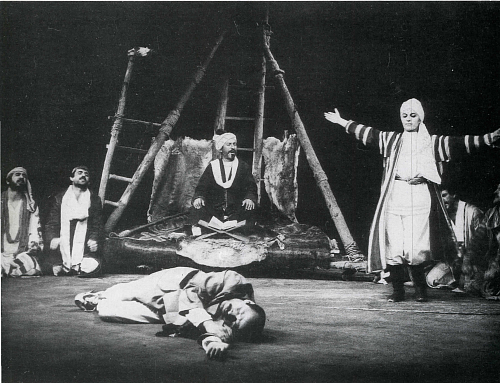 Joseph the lost will return то Hanaan...
Joseph the lost will return то Hanaan...
